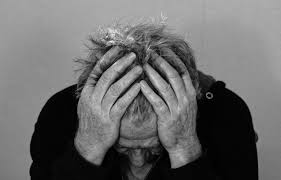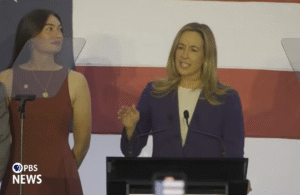Post-Traumatic Stress Disorder (PTSD) impacts millions of people globally. Medical cannabis might help treat the symptoms.
Table of Contents
According to the World Health Organization (WHO), approximately 70% of people worldwide will encounter at least one potentially traumatic event during their lifetime. However, only about 5.6% go on to develop PTSD. In total, an estimated 3.9% of the global population has experienced PTSD at some point..
Understanding PTSD and Treatment Limitations
PTSD can develop after traumatic experiences such as combat, sexual assault, natural disasters, or serious accidents. It presents through symptoms like flashbacks, nightmares, heightened anxiety, emotional numbness, and avoidance of reminders.
Standard treatments for PTSD typically include psychotherapy and medications. Therapeutic approaches like prolonged exposure and cognitive processing therapy are among the most commonly recommended forms of cognitive-behavioral treatment.
Antidepressants can ease symptoms of depression, anxiety, and sleep issues. Other medications, like venlafaxine and anti-anxiety drugs, may also be prescribed. Research into options like stellate ganglion block and prazosin for nightmares also shows mixed but promising results.
Despite these options, most patients don’t achieve full remission, often experiencing unpleasant side effects like weight gain, emotional blunting, or sexual dysfunction. This treatment gap has driven interest in emerging approaches, such as medical cannabis, as potential alternatives.
Scientific Evidence and Cannabis for PTSD
Scientific exploration into the effectiveness of cannabis for PTSD has yielded mixed yet promising findings. Several observational studies report that medical cannabis may help reduce symptoms such as nightmares, sleep disturbances, and hyperarousal. Though these studies suggest benefits, they often lack rigorous control and rely on patient self-reporting.
Controlled clinical trials, while still limited, are beginning to offer stronger evidence. According to Medical News Today, cannabidiol (CBD), a non-psychoactive compound found in cannabis, shows potential in managing PTSD symptoms.
CBD might help reduce anxiety and intrusive thoughts associated with PTSD. However, research on its safety and long-term efficacy remains limited, and more studies are needed. Some earlier studies suggest that taking CBD shortly after a traumatic event may interfere with how the brain consolidates memories. This interference might reduce the likelihood of those memories developing into symptoms associated with PTSD later on.
Environmental Exposure and Trauma-Linked Health Risks
The link between environmental exposure and trauma-related health risks is an emerging area of concern. It’s bad among military veterans and first responders. These individuals often experience both psychological trauma and exposure to hazardous substances during service.
One such exposure involves per-and polyfluoroalkyl substances (PFAS), a group of human-made chemicals used in various industrial and consumer products. According to TorHoerman Law, PFAS are known as “forever chemicals” because they persist in both the environment and the human body.
The PFAS lawsuit has drawn attention to contaminated water supplies at military bases and the potential long-term health effects of such exposure.
Treating PTSD with Medical Cannabis
Most states in the United States have at least a medical cannabis market. CBD is also nationally legal and helpful. Despite these developments, patients still face challenges in accessing cannabis legally and safely. Barriers include a lack of qualified prescribing physicians, inconsistent product availability, and the stigma associated with cannabis use. These legal and ethical concerns continue to complicate broader integration into mainstream PTSD treatment.
The question of medical cannabis effectiveness for PTSD treatment remains complex and evolving. Current evidence suggests potential benefits for specific symptoms. However, more rigorous research is needed to establish definitive therapeutic protocols and identify which patients are most likely to benefit.
Individual responses to cannabis vary, highlighting the need for personalized treatment based on each patient’s symptoms and risks.











